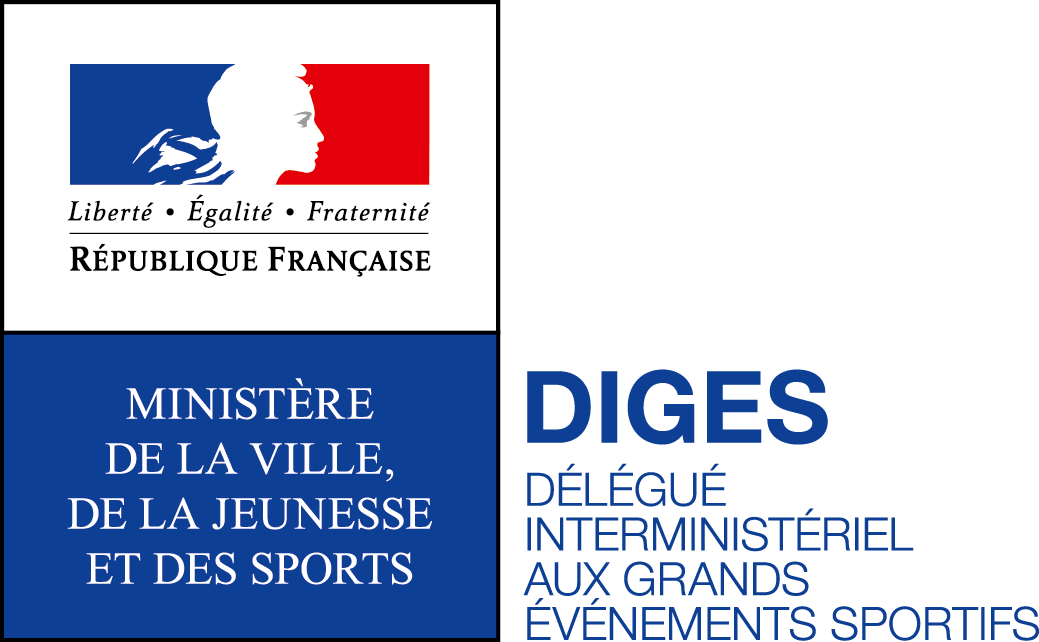
Today is World AIDS Day. Paris 2018 is very pleased to be part of this day of commemoration and action. Yesterday our leading sports partner, FSGL, the French LGBT sports federation, joined the call of ACT UP for a march to call for zero new cases of HIV infection. Today, FSGL will join other associations at the World AIDS Day village at Place de la République. This morning, Paris 2018 copresident Manuel Picaud was interviewed on the leading public radio station France Inter to talk about this day. And today at Paris City Hall, Mayor Anne Hidalgo and the director of UNAIDS, will welcome mayors from cities around the world to sign the Declaration of Paris. (Info below)
Paris 2018 will contribute to the city's 90-90-90 goals by putting HIV/AIDS prevention, education, and testing at the heart of its activities. And beyond prevention of new cases, Paris 2018 will continue the Gay Games mission of welcoming HIV+ people, offering them a safe and welcoming place to do sport, and to contribute to ending stigma still associated with HIV/AIDS, including actions from Gay Games HIV-activist Ambassadors like Greg Louganis and Ji Wallace.
Read the Declaration of Paris below, and learn more here.
WE, THE MAYORS, COMMIT TO:
1. End the AIDS epidemic in cities by 2030
We commit to achieve the 90-90-90 HIV treatment targets by 2020, which will rapidly reduce new HIV infections and AIDS-related deaths—including from tuberculosis—and put us on the Fast-Track to ending AIDS by 2030. We commit to provide sustained access to testing, treatment, and prevention services. We will end stigma and discrimination.
2. Put people at the centre of everything we do
We will focus, especially on people who are vulnerable and marginalized. We will respect human rights and leave no one behind. We will act locally and in partnership with our communities to galvanize global support for healthy and resilient societies and for sustainable development.
3. Address the causes of risk, vulnerability and transmission
We will use all means including municipal ordinances and other tools to address factors that make people vulnerable to HIV, and other diseases. We will work closely with communities, service providers, law enforcement and other partners, and with marginalized and vulnerable populations including slum dwellers, displaced people, young women, sex workers, people who use drugs, migrants, men who have sex with men and transgender people to build and foster tolerance.
4. Use our AIDS response for positive social transformation
Our leadership will leverage innovative social transformation to build societies that are equitable, inclusive, responsive, resilient and sustainable. We will integrate health and social programmes to improve the delivery of services including HIV, tuberculosis and other diseases. We will use advances in science, technology and communication to drive this agenda.
5. Build and accelerate an appropriate response to local needs
We will develop and promote services that are innovative, safe, accessible, equitable and free of stigma and discrimination. We will encourage and foster community leadership and engagement to build demand and to deliver services responsive to local needs.
6. Mobilize resources for integrated public health and development
Investing in the AIDS response together, with a strong commitment to public health, is a sound investment in the future of our cities that fosters productivity, shared prosperity and well-being. We will adapt our city plans and resources for a Fast-Tracked response. We will develop innovative funding and mobilize additional resources and strategies to end the AIDS epidemic by 2030.
7. Unite as leaders
We commit to develop an action plan and join with a network of cities to make this Declaration a reality. Working in broad consultation with everyone concerned, we will regularly measure our results and adjust our responses to be faster, smarter and more effective. We will support other cities and share our experiences, knowledge and data about what works and what can be improved. We will report annually on our progress.






